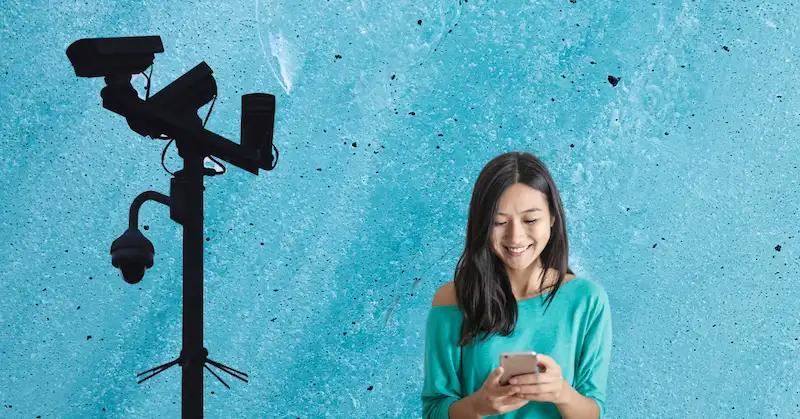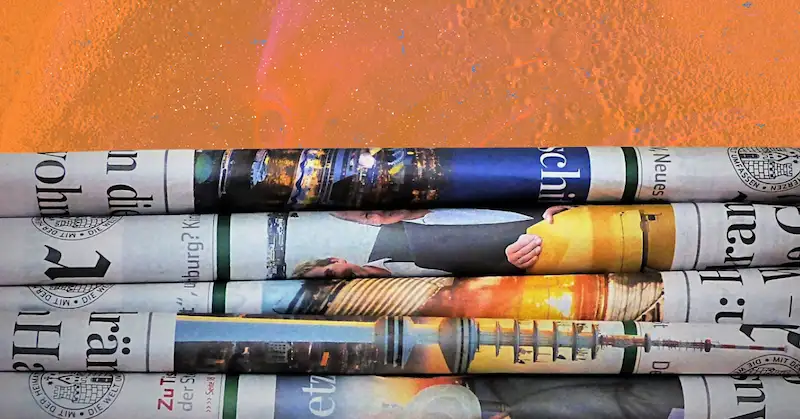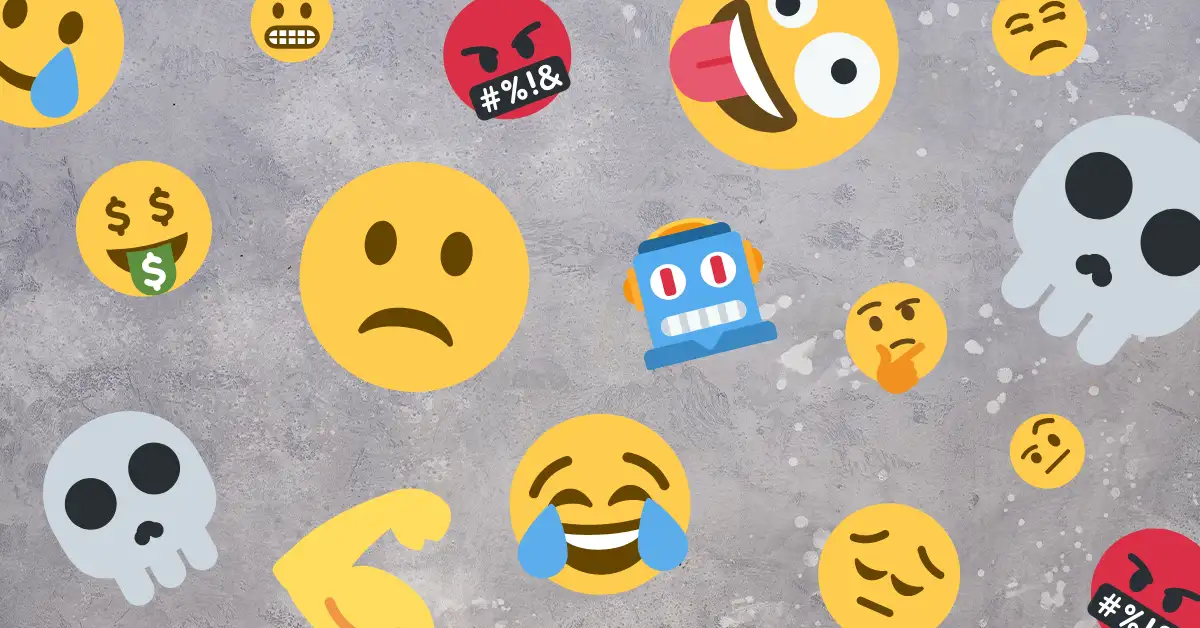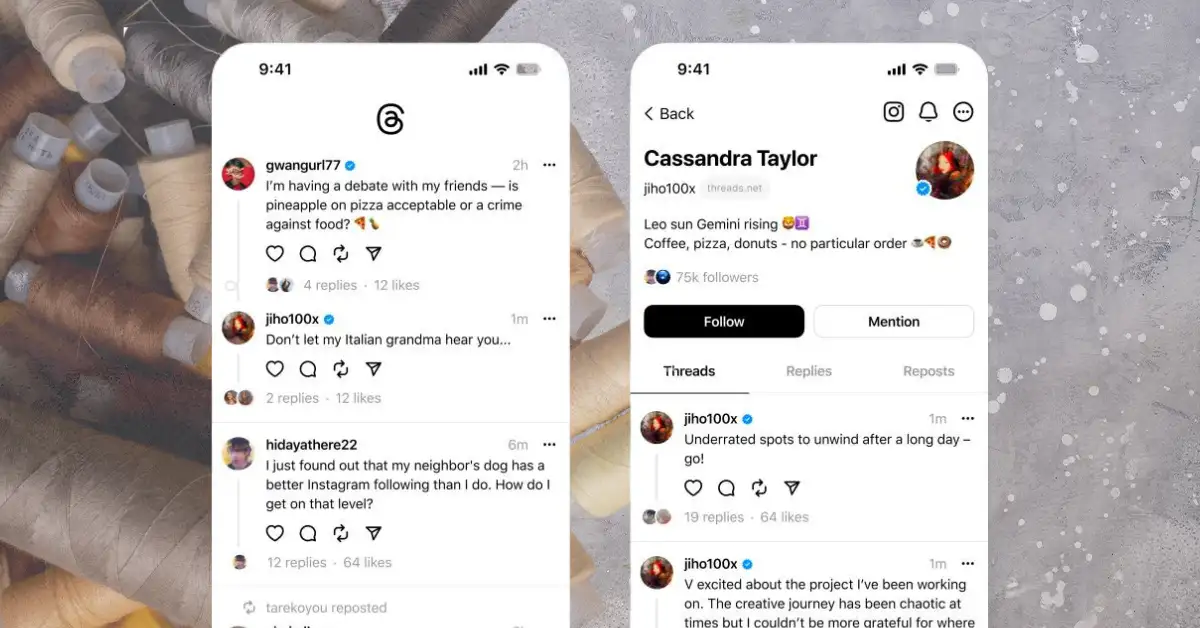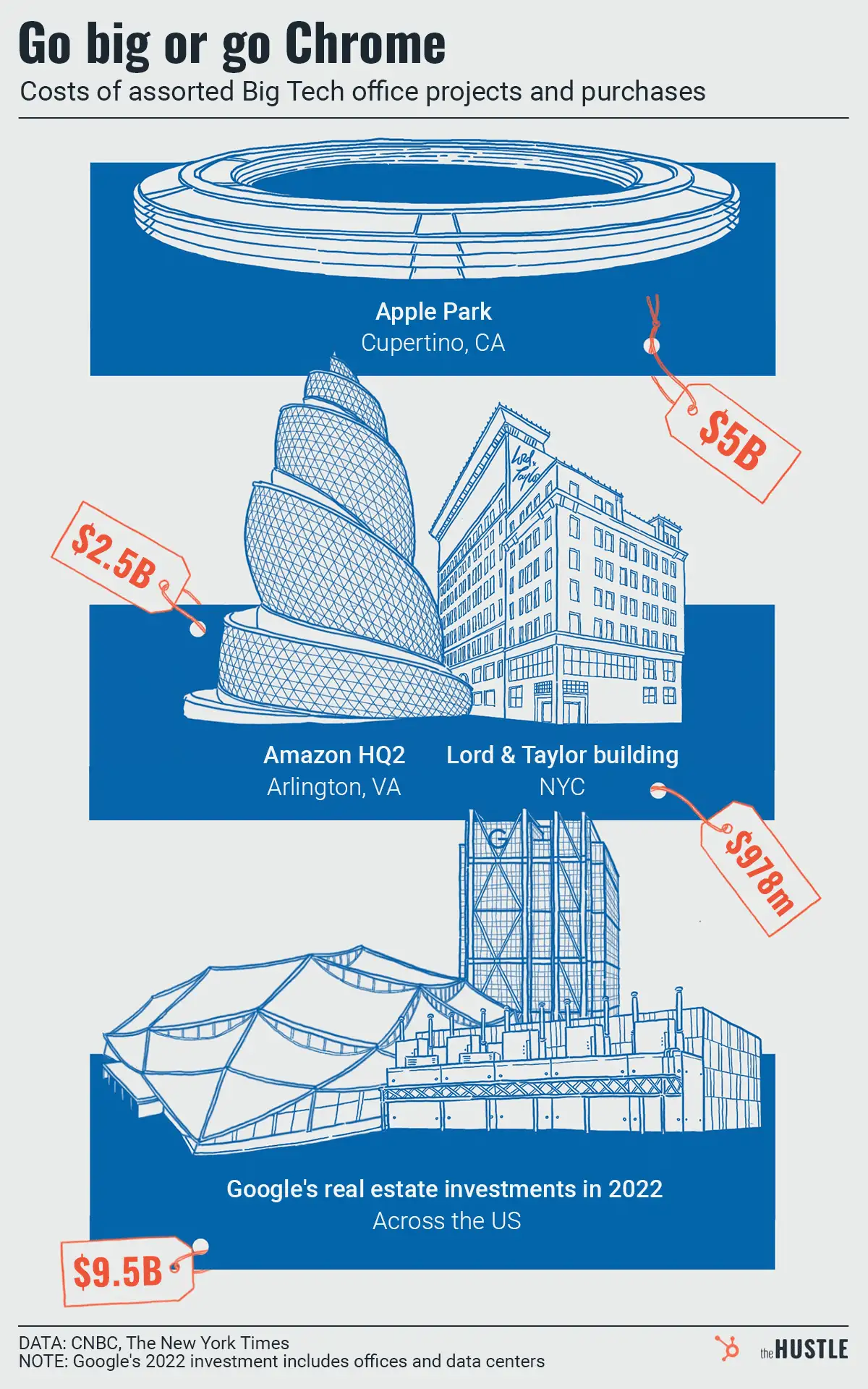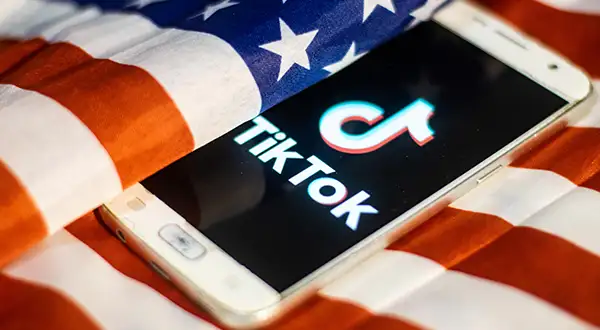On Monday, Facebook suffered a 6-hour outage (its worst since 2008) that also took down Instagram and WhatsApp.

For many American users, jumping over to Twitter and making memes was a good option. However, the outage was much scarier in other parts of the world…
… because WhatsApp has become critical infrastructure
According to Business of Apps, the Facebook-owned app:
- Has 2.5B+ users worldwide
- Is the most popular messaging app in 100+ countries
In developing countries with underdeveloped (or overly expensive) telecom options, WhatsApp is the go-to alternative to text.
Seven countries — Kenya, South Africa, Nigeria, Argentina, Malaysia, Colombia, and Brazil — have 90%+ of their population on the app.
Much more than messaging
WhatsApp delivers critical (and different) services to countries around the world, per The Washington Post:
- In Lebanon, COVID-19 tests can be ordered on the app
- In Argentina, a chatbot connects patients to doctors to report COVID symptoms
- A Philippine diplomatic mission in the United Arab Emirates uses the app as a hotline for its citizens working in the country
- In Brazil, citizens use an in-app directory of 1000s of retailers
The app’s largest market — India (390m users) — has 15m+ small businesses using its WhatsApp Business platform.
WhatsApp’s loss…
… was a big gain for competing encrypted messaging apps:
- Telegram jumped 55 places to No. 1 in US iPhone downloads
- Signal gained millions of users after receiving endorsements from Twitter CEO Jack Dorsey (and whistleblower Edward Snowden)
Facebook’s outage happened a day after the unmasking of the social network’s whistleblower, former employee Frances Haugen. Both incidents — underscored by the importance of WhatsApp — give further credence to the belief that Facebook needs more regulation.



